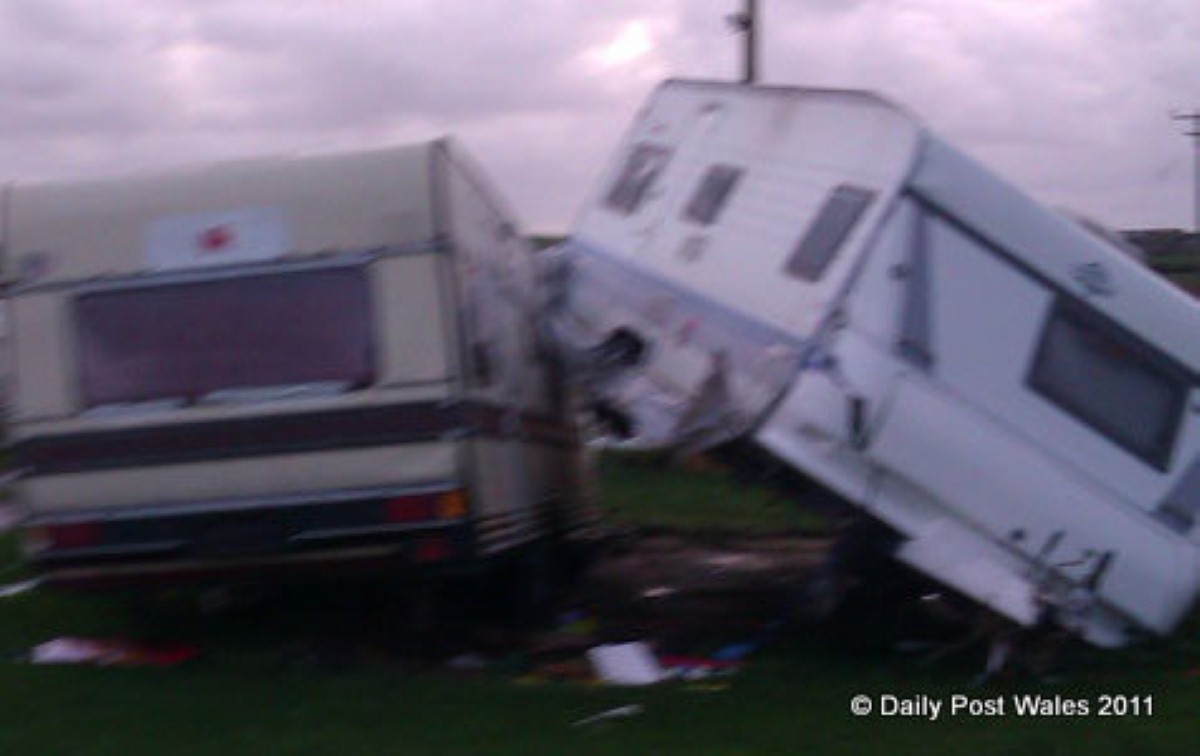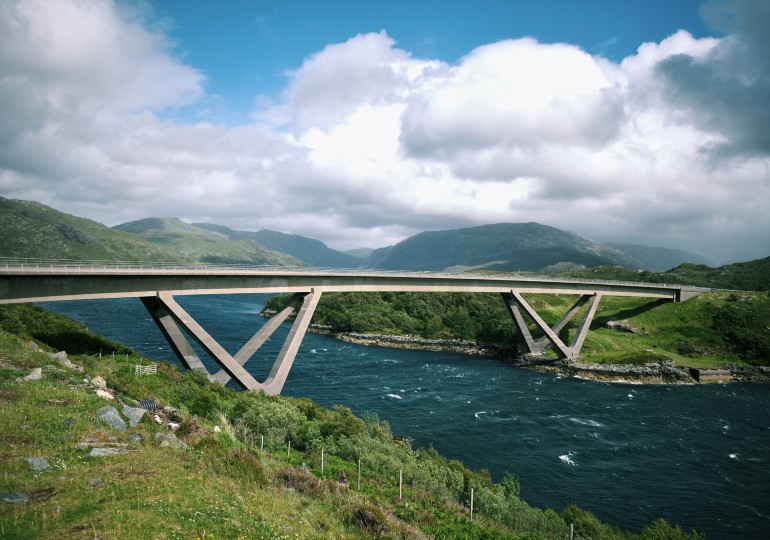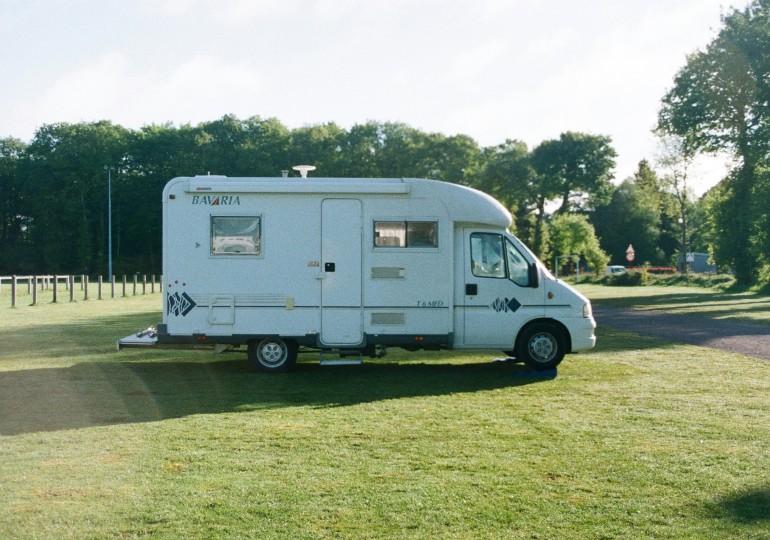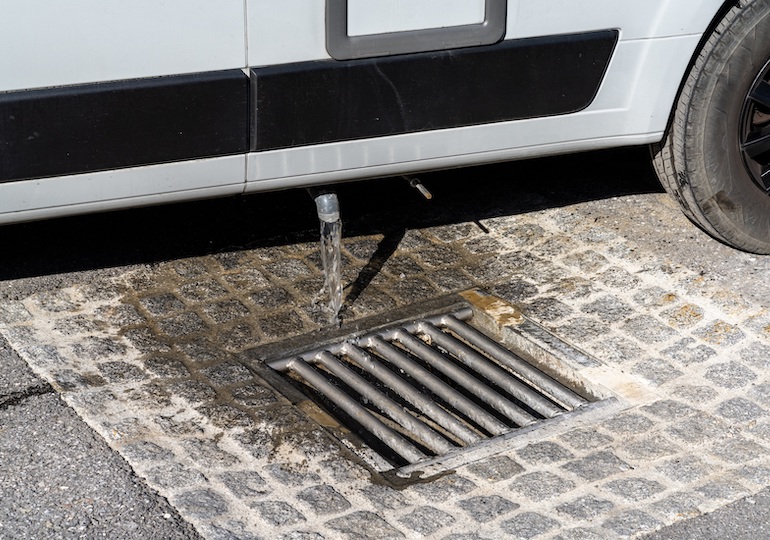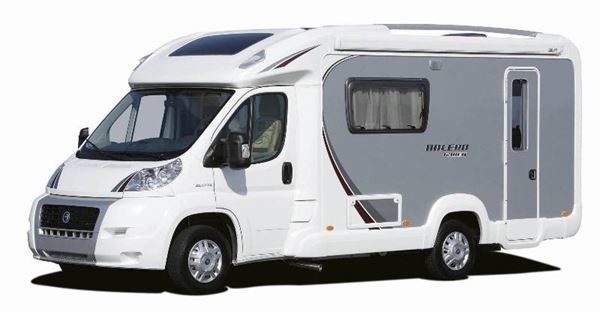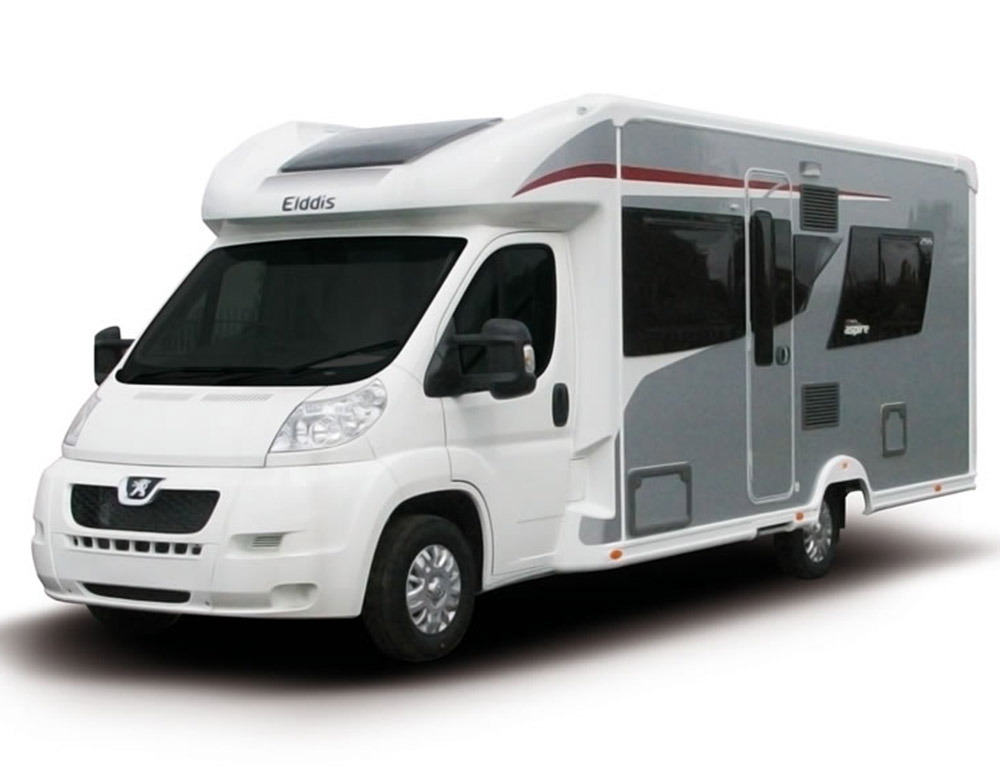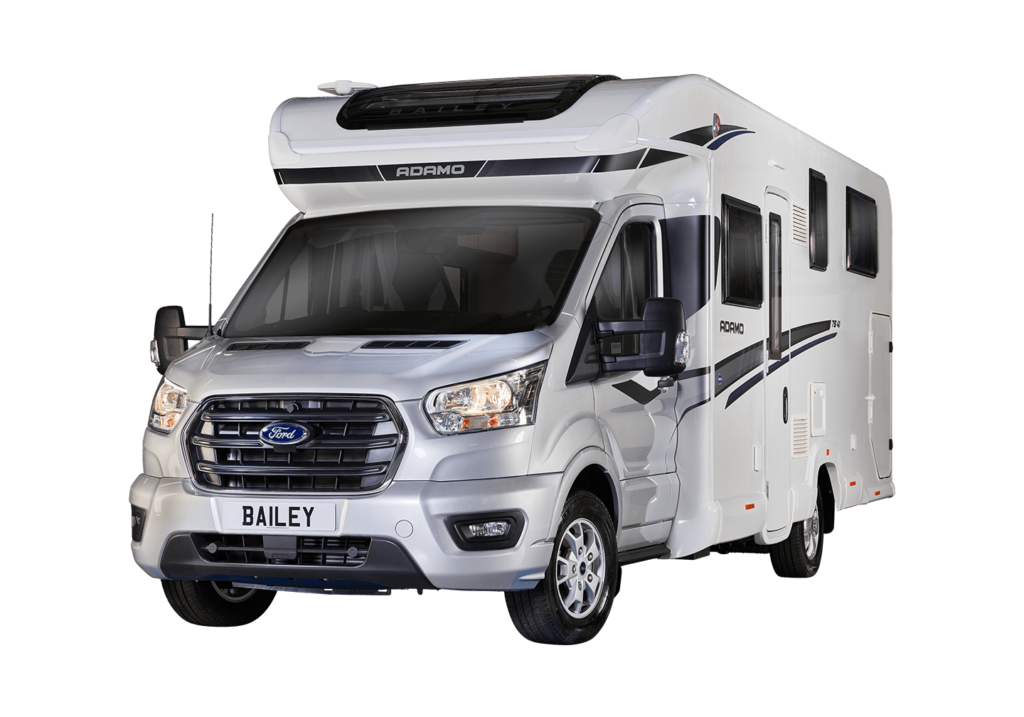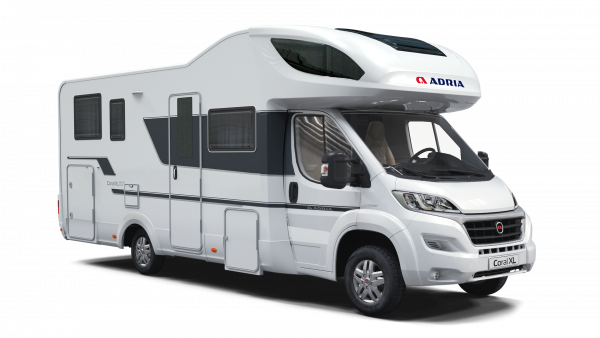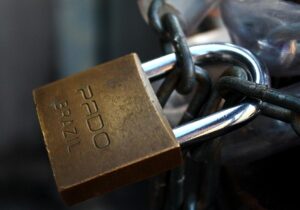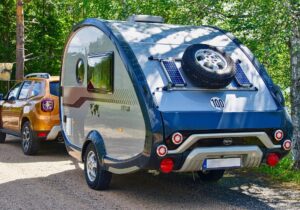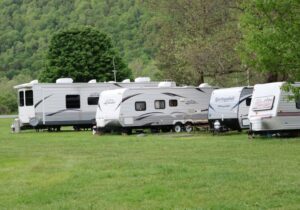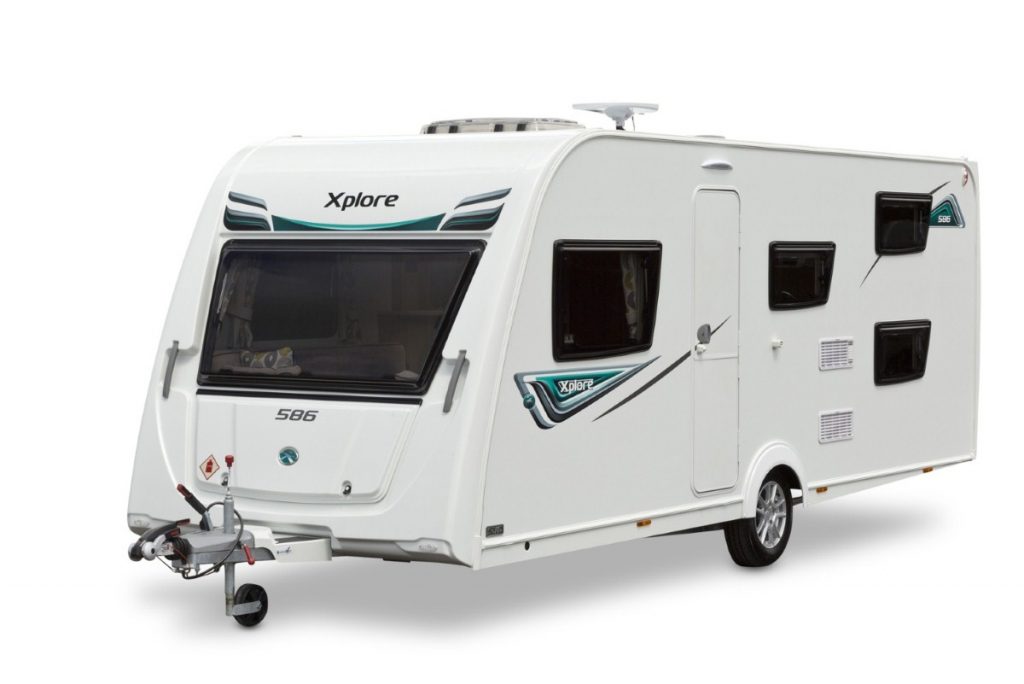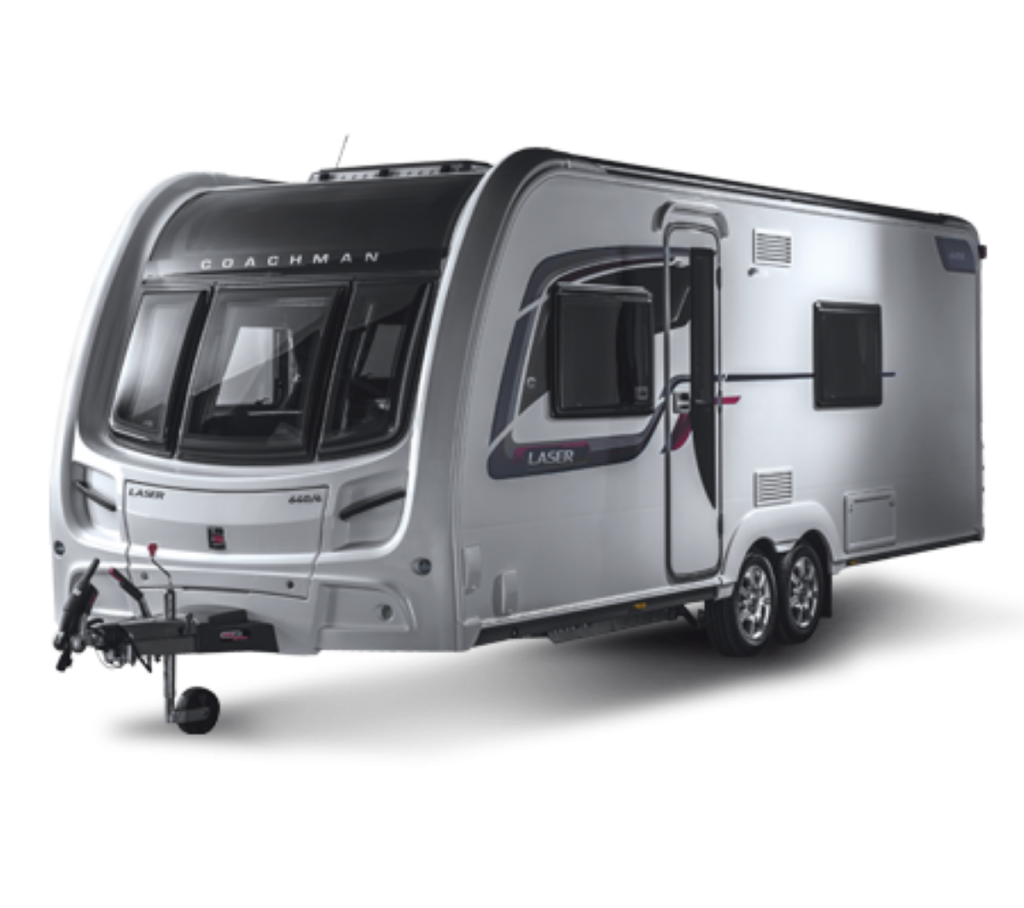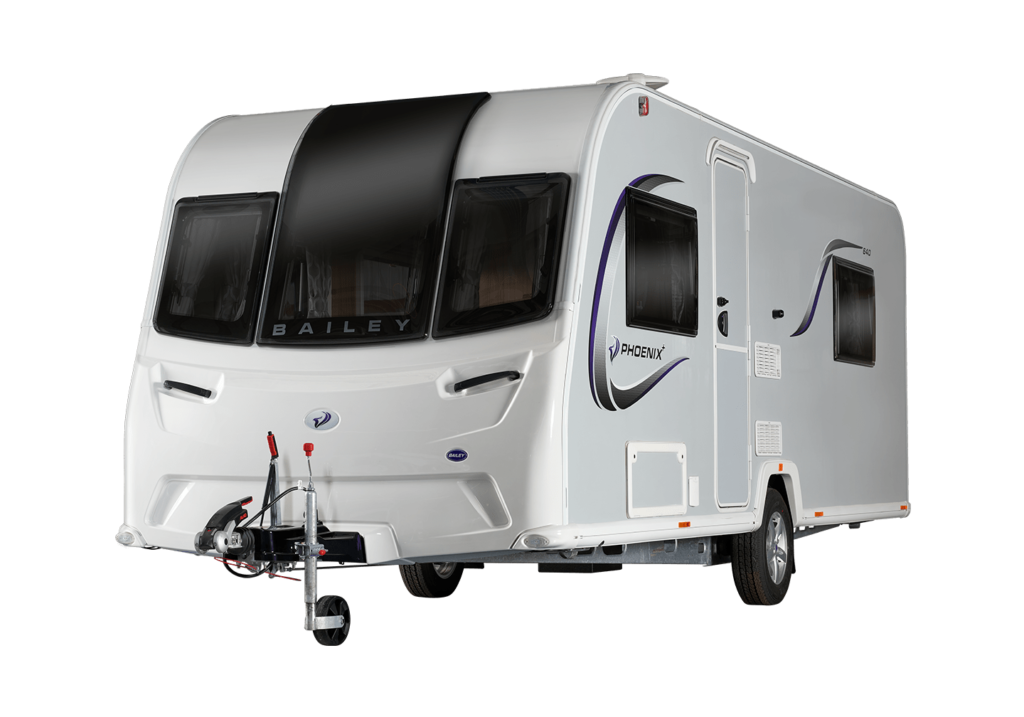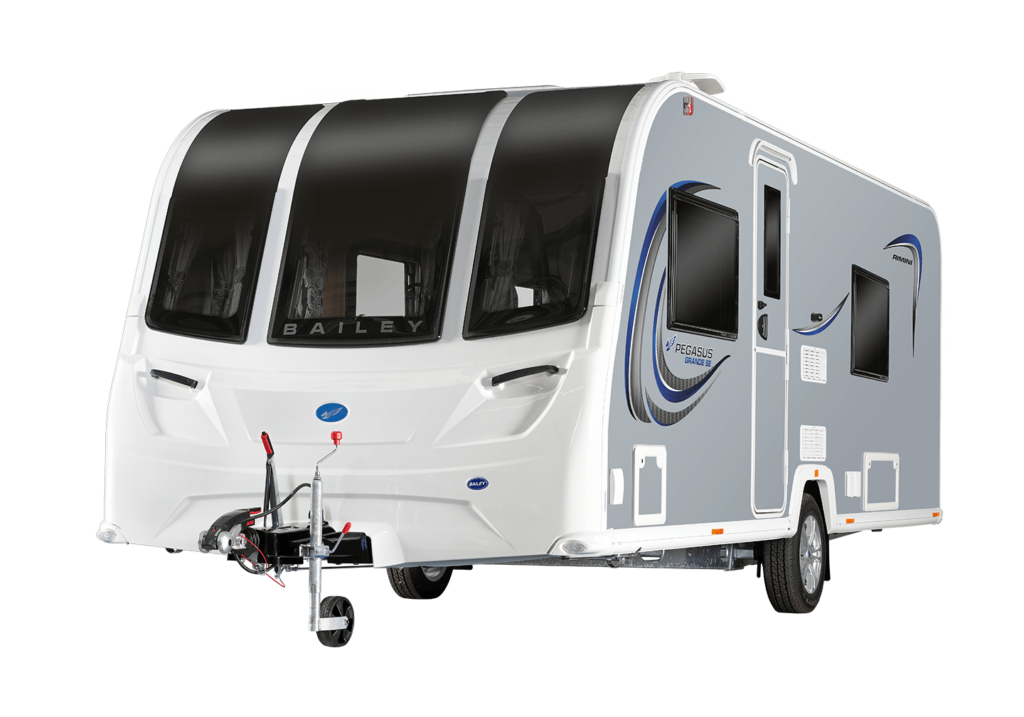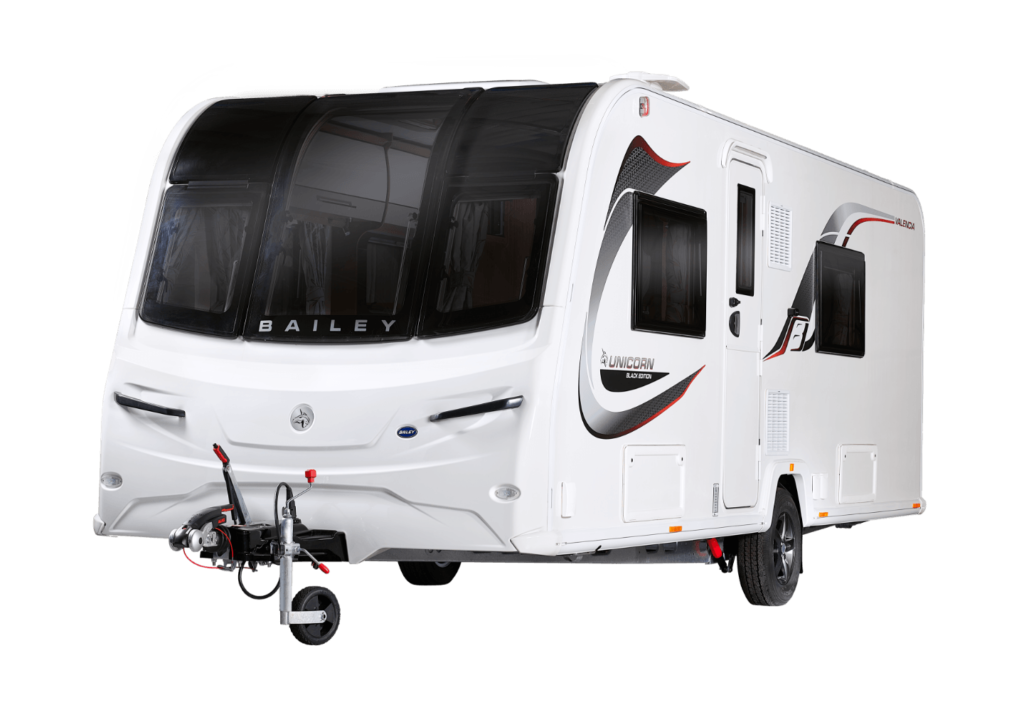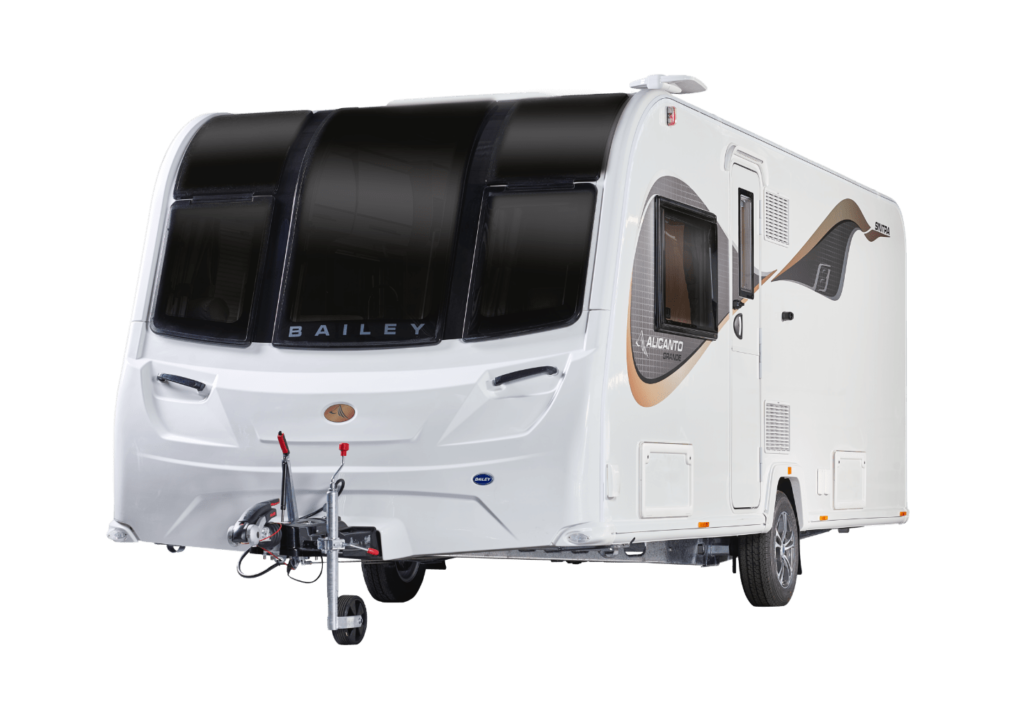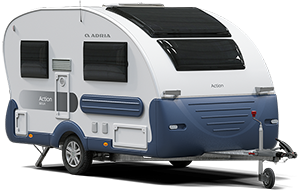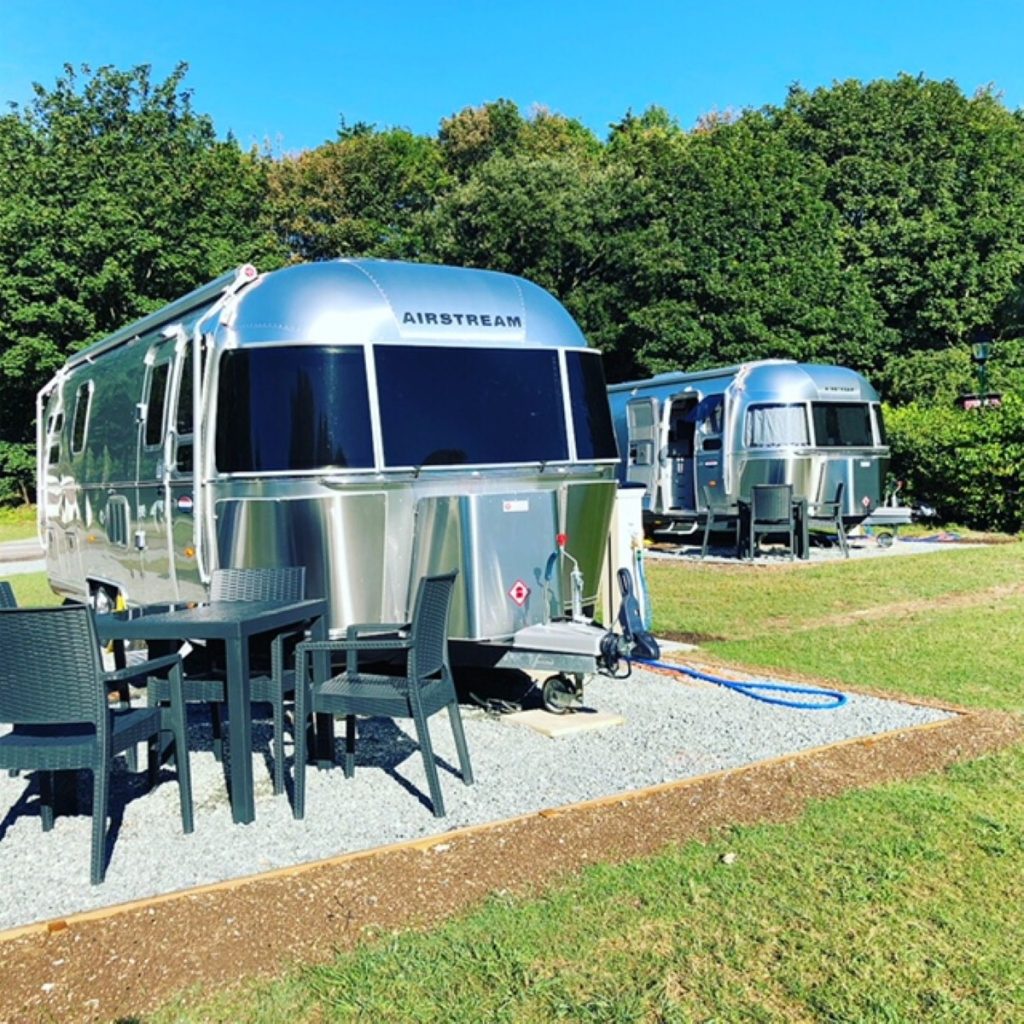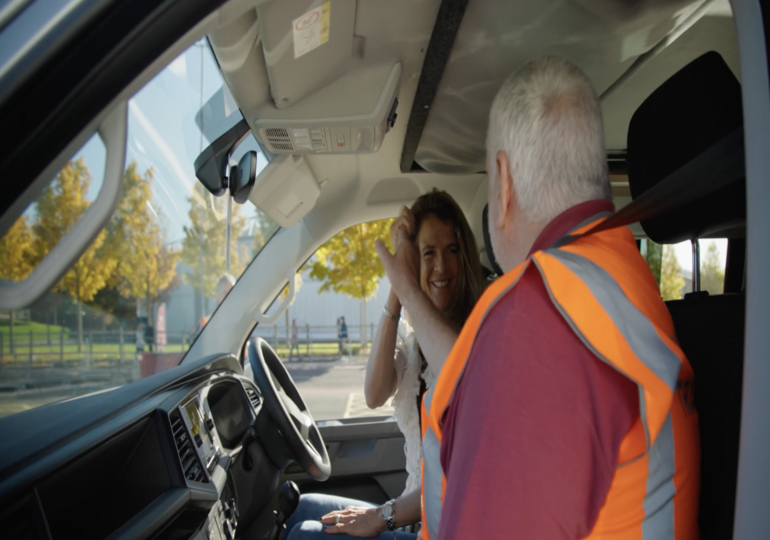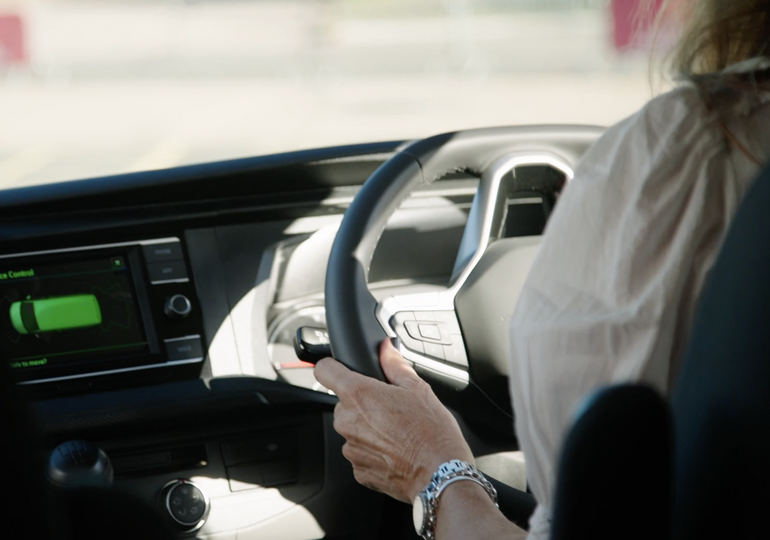Dangerously persistent and extreme wind conditions have the power to blow everything to pieces – especially caravans.
So why not have a look to see how you can best prepare yourself before the gentle breeze in your hair becomes a fully fledged gale force gust.
Travelling decisions
It may sound really obvious but the first thing to consider during windy conditions is whether you actually think it’s safe to travel.
Many sites will let you stay another night if it’s not too busy and it’s a good excuse to prolong your holiday.
However, if you do believe that you can brave the gusty winds and travel forth, then it is a good idea to tow your caravan to a less exposed location.
Also, if high winds are forecast, then the towing should be done nice and early before the winds are due to descend.
Other basic precautions include making your caravan more wind-resistant such as placing heavy items on the floor of the caravan to weigh it down and using storm straps to pin the caravan and awning down.
In order to prevent any damage to the caravan, the bodywork should be protected from the rubbing of the straps.
Batten down the awning
Awnings are incredibly susceptible to strong winds due to their shape and light weight canvas construction.
Once they become loose, awnings can cause considerable damage to your caravan and if dislodged from the caravan, they become a threat to other vehicles or structures.
Preventing any such damage therefore becomes imperative. In the case of light or moderate winds, an awning storm strap can be used.
This strap essentially hooks over the awning and is pegged in at either side to pin the awning down.
On the other hand, in cases of stronger winds, a full awning bag can function as an additional weight when placed on the centre of the caravan’s floor.
This succeeds in giving the caravan some extra stability.
Slow and steady driving
Generally the speed of towing will not affect the speed of the windy gusts which directly hit the side of your caravan.
However, the situation does become more complicated when the wind hitting your caravan is at an angle because but in such a situation, an increase in the driving speed also results in an increase in the speed of the wind.
Another important thing to take note of is that no matter what direction the wind is in, driving too quickly usually results in snaking.
This movement basically results in the caravan swerving dangerously from side to side, and is hazardous for all the surrounding vehicles on the road.
As a result, it is always advisable to drive slowly while on the road in windy conditions and to even pull over and let other motorists pass.
This makes life not only easier for you but also for everyone else commuting on the roads.
Stick to backroads
Attempting to cruise along the motorway with a caravan is not really feasible when you are required to drive slowly.
Therefore, it’s always best to avoid motorways whenever possible, since they will have an onslaught of fast-moving traffic.
Motorways also tend to be more exposed areas for winds to strike because they tend to cut a straight line through open land.
In comparison to minor roads, that usually twist and turn into smaller towns, motorways put caravans at more risk.
Another thing that caravanners should watch out for on motorways is the sudden change in wind speed that can be caused by large vehicles such as lorries overtaking you.
This buffeting affect can create serious problems as it often causes caravans to swerve.
Store it carefully
If extreme gale force conditions leave you with no option apart from parking up and staying in a bed and breakfast, then make sure that your caravan in stored in a safe and secure place.
For example, wherever possible, stay away from overhanging or nearby tree branches that could blow, swing into or fall into your caravan due to the weather conditions.
Technical solutions
Furthermore, apart from the safety tips that we have already listed, there is another excellent system to help you brave the stormy winds.
These days most caravans either come with, or can be fitted with, stabilisers and anti-snaking devices.
Electronic anti-snaking systems, such as the effective AL-KO ATC (Automatic trailer control) or the BPW iDC (intelligent drive control), are excellent for ensuring that your caravan is well-equipped to deal with difficult weather.
In fact, most new caravans have these fitted as a standard and even older caravans can have these devices retrofitted.
So before you hurry off and hitch up your caravan amidst the wind, take some time out to consider all your options.

